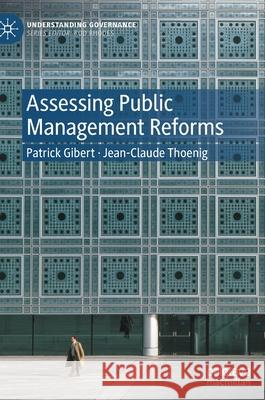Assessing Public Management Reforms » książka
topmenu
Assessing Public Management Reforms
ISBN-13: 9783030897987 / Angielski / Twarda / 2022 / 234 str.
Assessing Public Management Reforms
ISBN-13: 9783030897987 / Angielski / Twarda / 2022 / 234 str.
cena 523,30
(netto: 498,38 VAT: 5%)
Najniższa cena z 30 dni: 462,63
(netto: 498,38 VAT: 5%)
Najniższa cena z 30 dni: 462,63
Termin realizacji zamówienia:
ok. 22 dni roboczych.
ok. 22 dni roboczych.
Darmowa dostawa!
Kategorie BISAC:
Wydawca:
Springer Nature Switzerland AG
Seria wydawnicza:
Język:
Angielski
ISBN-13:
9783030897987
Rok wydania:
2022
Ilość stron:
234
Waga:
0.43 kg
Wymiary:
21.01 x 14.81 x 1.42
Oprawa:
Twarda
Wolumenów:
01
Dodatkowe informacje:
Wydanie ilustrowane











